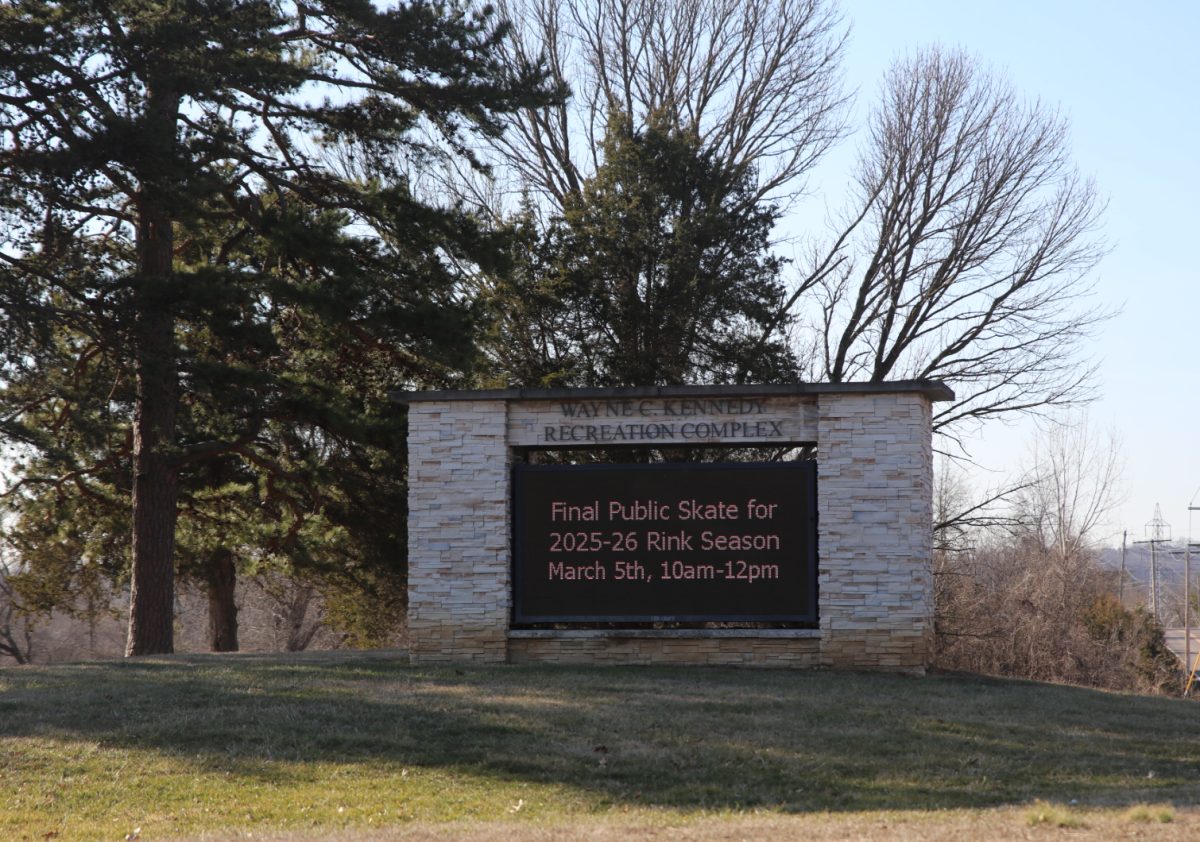Crestwood Court owners are looking to present a mall redevelopment plan in the next six months and break ground in one to two years.
Jones Lang LaSalle Vice President/General Manager Tony Stephens, whose firm manages the shopping center, confirmed that mall owners Centrum Properties and Angelo, Gordon & Co. are working with that redevelopment timeline. The companies purchased the mall in March 2008 from the Westfield Group with the goal of redeveloping it into an open-air, lifestyle center.
“We are moving forward with architects and engineering firms to try to get a plan in place,” Stephens said. “… We’re looking at various options and various layouts and trying to understand the best uses.”
Jones Lang LaSalle marketing manager Leisa Son last summer revealed to the Crestwood Economic Development Commission that the mall’s redevelopment could include a streetscape quality similar to the Promenade in Brentwood. This would open such possibilities as retail and restaurants and also an entertainment center that could be used for activities and possibly outdoor concerts.
Stephens said the redevelopment plan still likely will include that open-air component and also could feature a recently initiated Crestwood Court project — a local artists’ colony.
The Crestwood mall and the Regional Arts Commission have teamed up to offer vacant retail space to artists, musicians and performance groups. Groups can sign one-year leases with the option for a second year.
“The concept has been very welcomed by the art community and by our trade area and actually by probably the entire metro St. Louis area,” Stephens said. “So, it is something that we are looking at in some fashion of incorporating in the redevelopment. Although, it’s far too early to tell what extent that will take.”
City officials previously have indicated that they would consider offering such economic-development tax incentives as tax-increment financing, or TIF, to ease the owners’ costs of the mall’s redevelopment.
That cost would be eased through the collection of an additional sales tax imposed on the mall property. In a TIF district, tax receipts for school districts, fire districts and other taxing entities are frozen at existing levels for the length of the TIF — up to 23 years. As land within the TIF district increases in value, the incremental tax revenue — 100 percent of property taxes and 50 percent of sales and utility taxes — is used to retire the TIF obligation.
In the meantime, mall management and city officials are preparing for the scheduled April 1 closing of Macy’s. Macy’s Inc. announced Jan. 8 that it would be closing 11 “underperforming” stores, including the Crestwood location. The Macy’s closing will leave Crestwood Court with one anchor store — Sears. The mall already has sustained the loss of Dillard’s, which closed its doors in October 2007.
Besides laying off 176 employees at the Crestwood store, the Macy’s closing is expected to result in estimated sales-tax revenue drops of $181,000 in 2009 and $350,000 in 2010, according to Eckrich.
To combat this loss of revenue, aldermen in recent weeks have followed through on Eckrich’s recommendation to cut $237,900 from the city’s 2009 budgeted expenses of roughly $13.7 million. Aldermen in December approved a 2009 budget authorizing the use of more than $600,000 in re-serves to balance it. The city had an estimated $3.4 million in cash reserves across all three of its major funds as of Jan. 1.
With an unscheduled debt payment of $895,000 this year along with the loss of sales-tax revenue, Ward 3 Alderman Jerry Miguel last week asked city officials to find a minimum cash-balance requirement that would still allow the city to function.
“What can we allow our cash to get down to … without putting our city at risk?” he said Jan. 27. “We also need to consider we just recently lost an anchor. But we are still at risk of losing … we’re always at risk of losing an anchor. So in trying to establish a minimum level of cash that we should target to have on hand, what should that number be taking into consideration that we are at risk of further loss of sales-tax revenue either through loss of an anchor or now particularly in view of the economic conditions that we find ourselves in as a city and as a nation? I don’t recall an economy like this in my lifetime.”
Eckrich replied that he and Finance Officer Douglas Brewer have discussed finding a minimum cash balance and that the sum should be defined in the near future.
“It’s on our list,” Eckrich said to Miguel. “We’ve debated the matter amongst ourselves. I don’t have an answer for you at this time. But it is something the city needs to define. I absolutely agree with you.”








